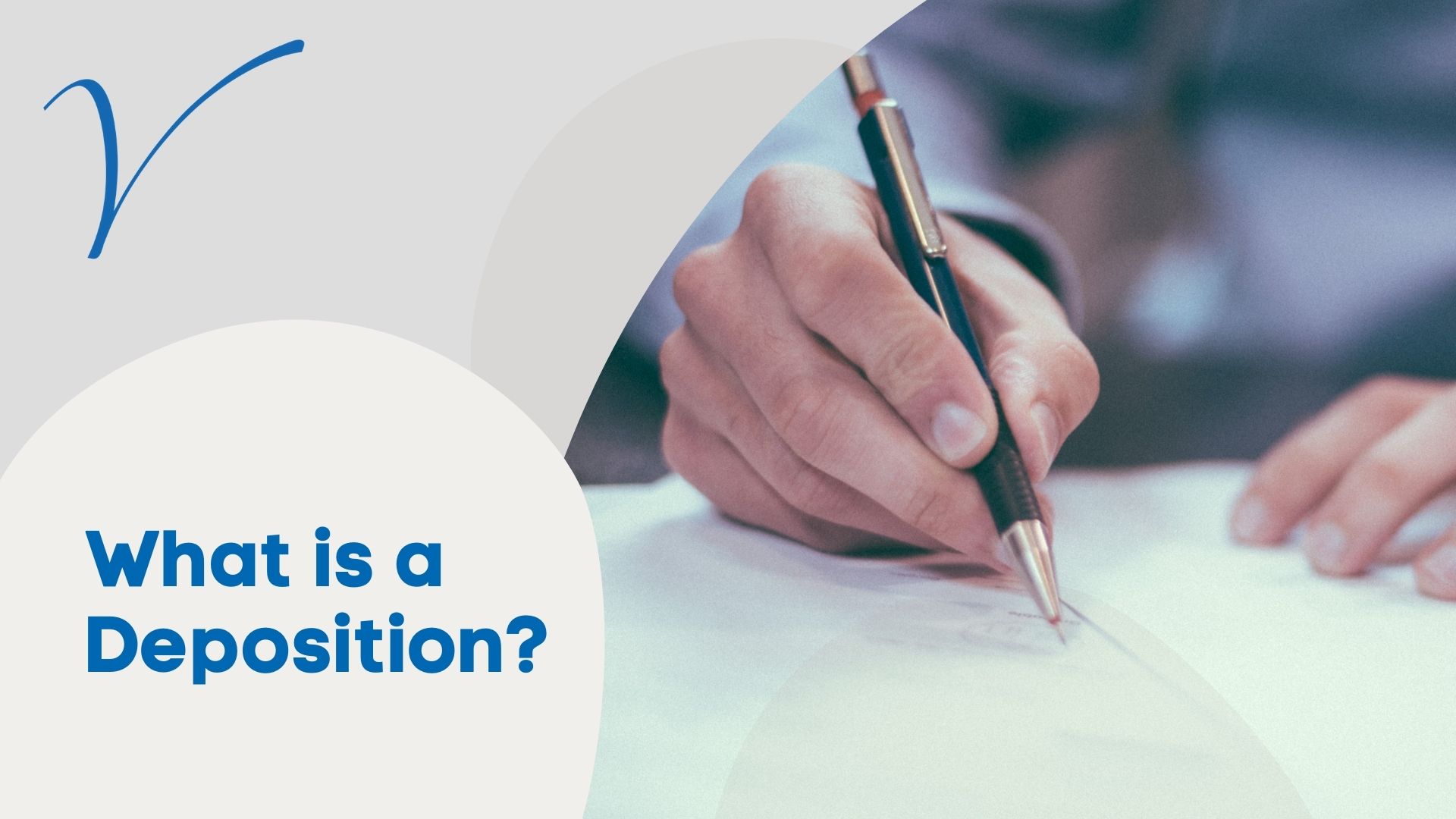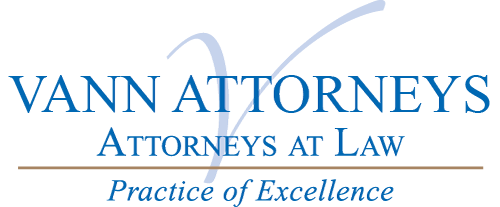What is a Deposition?
By Ian Richardson
Attorney at Law

A deposition is a discovery tool wherein a witness is placed under oath and required to respond orally to questions from one or more lawyers. Depositions are frequently requested of parties. Other times, depositions are requested of non-parties who may have knowledge regarding the facts and circumstances surrounding a particular case. If you are not a party to a lawsuit and are asked to provide a deposition, you should not panic, but instead you should determine what information you have and how to best share that information in a way that is minimally invasive to your schedule.
There is very little chance that any of your testimony will have a negative impact on you personally if you are not a party to a lawsuit. If you are a party to a lawsuit, your deposition testimony has the potential to impact the outcome of the litigation. Regardless of whether you are a non-party witness or a party to a lawsuit, the most important job you have during a deposition is to simply tell the truth.
Prior to the COVID-19 pandemic the vast majority of depositions were held in person at a law office of one of the attorneys representing a party to the litigation. Currently, the vast majority of depositions are conducted via video conferencing. Because depositions are usually conducted outside of a courtroom and outside the presence of a judge, they tend to be somewhat informal. Despite this fact, you should keep in mind that as a witness during a deposition you are under oath and every word you say must be 100% truthful and honest.
Your obligation to tell the truth means that if the truth is you don’t know the answer to the question you should say that. If you know the answer to a question, you are obligated to provide that answer with very limited exceptions, and your attorney will counsel you not to answer in the event one of those limited exceptions applies.
With my witnesses I tend to spend less time talking about how to answer specific questions and more time working with my witness on how to answer questions during a deposition generally. The main piece of advice I give my witnesses who are going to be deposed, other than to tell the truth, is that they should listen to the question being asked, and answer only that question. There is nothing worse, particularly with a party witness, than when a lawyer asks a relatively simple question and the client gives away damaging information not responsive to that question. My philosophy is that during a deposition the questioning lawyer needs to ask the question in order to get an answer. You are not doing anything wrong or unfair by making the questioning lawyer ask you the question before you provide the information. But, if the questioning lawyer asks a fair question, you are obligated to give them a full, complete, and honest answer to that question.
Everyone who is required to answer questions under oath has some level of anxiety and nervousness. This is normal. I have found that by just talking with my witness for an hour or two before they are set to be deposed, this tends to put their mind at ease. Most people are more than capable of answering questions. The nerves and anxiety come in because most people have not had to answer questions under oath. Once my witness better understands the process and what to expect, they tend to do much better.
I do not suggest watching, prior to your deposition, the many YouTube videos of depositions (both good and bad) for a variety of reasons. The “funny” deposition videos will likely make you more nervous because they involve lawyers or witnesses not behaving appropriately.
Each case is different, and each lawyer has a slightly different style when it comes to taking depositions and preparing witnesses for a deposition. What is most important is that you tell the truth. It is also important that you are comfortable. Hopefully your attorney can put your mind at ease about the process and the particular case you are being asked to testify in.
If your deposition has been requested, we would be glad to talk with you about that and whether you need an attorney to represent you during the deposition. If you are involved in a lawsuit, or thinking about filing a lawsuit, we would be happy to discuss how depositions can be effective tools to accomplish your goals during the litigation. Please reach out if we can answer any questions you have about the deposition process.
Wisdom, Experience, Results
Learn More from Vann Attorneys
Vann Attorneys stands ready to meet the diverse needs of clients ranging from individuals to privately held family businesses to corporations with national distribution. The firm represents clients throughout North Carolina and the United States. We periodically publish content that is relavant to our clients and community. Keep reading our 'News & Events' page on the topics most important to you and your business.
Proven
Experience on
Your Side
Leave a message
Raleigh Office
RALEIGH HOURS
| Mon | 8am - 5pm |
|---|---|
| Tues | 8am - 5pm |
| Wed | 8am - 5pm |
| Thurs | 8am - 5pm |
| Fri | 8am - 5pm |
Charlotte Office
CHARLOTTE HOURS
| Mon | 8am - 5pm |
|---|---|
| Tues | 8am - 5pm |
| Wed | 8am - 5pm |
| Thurs | 8am - 5pm |
| Fri | 8am - 5pm |



